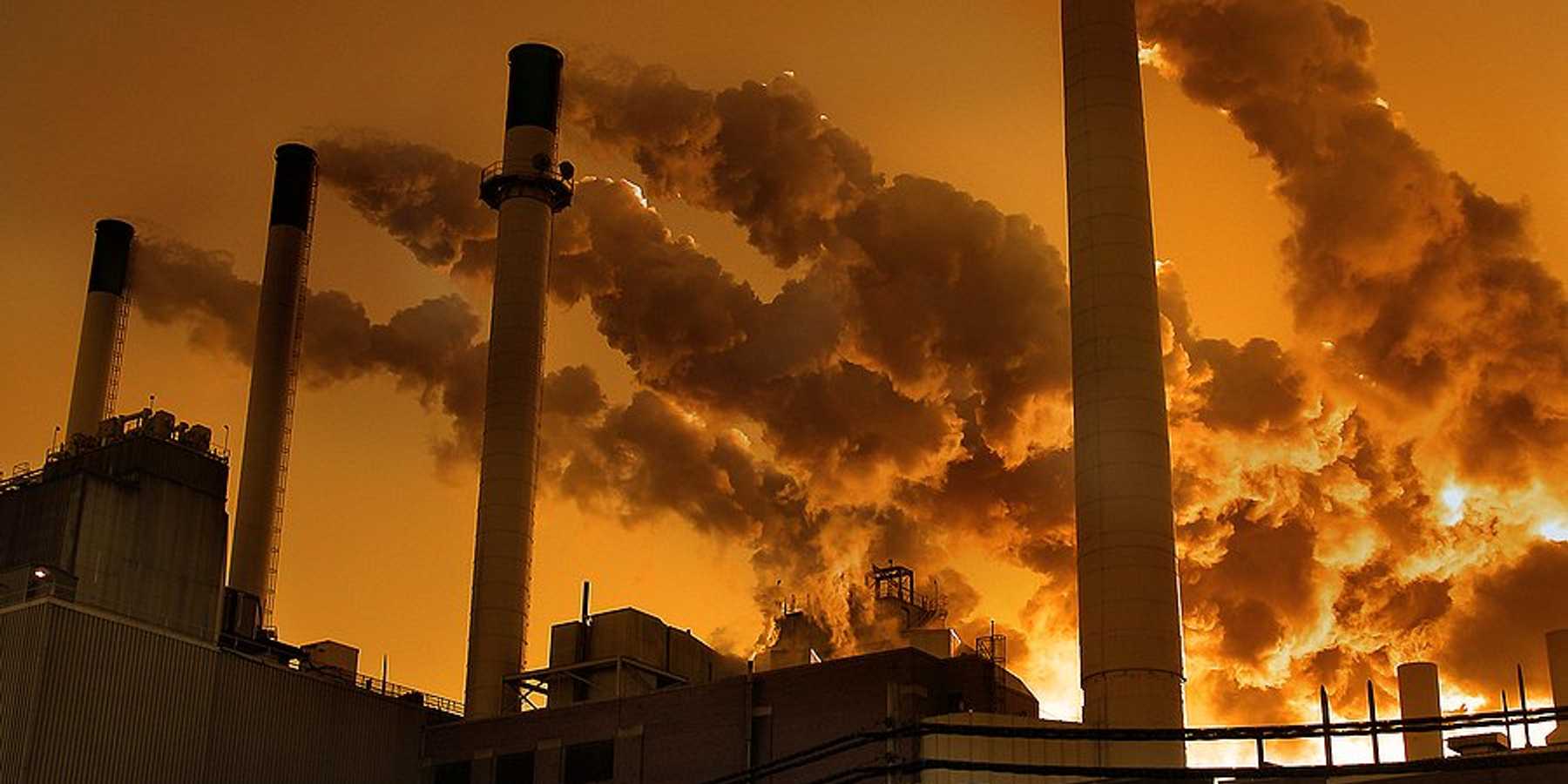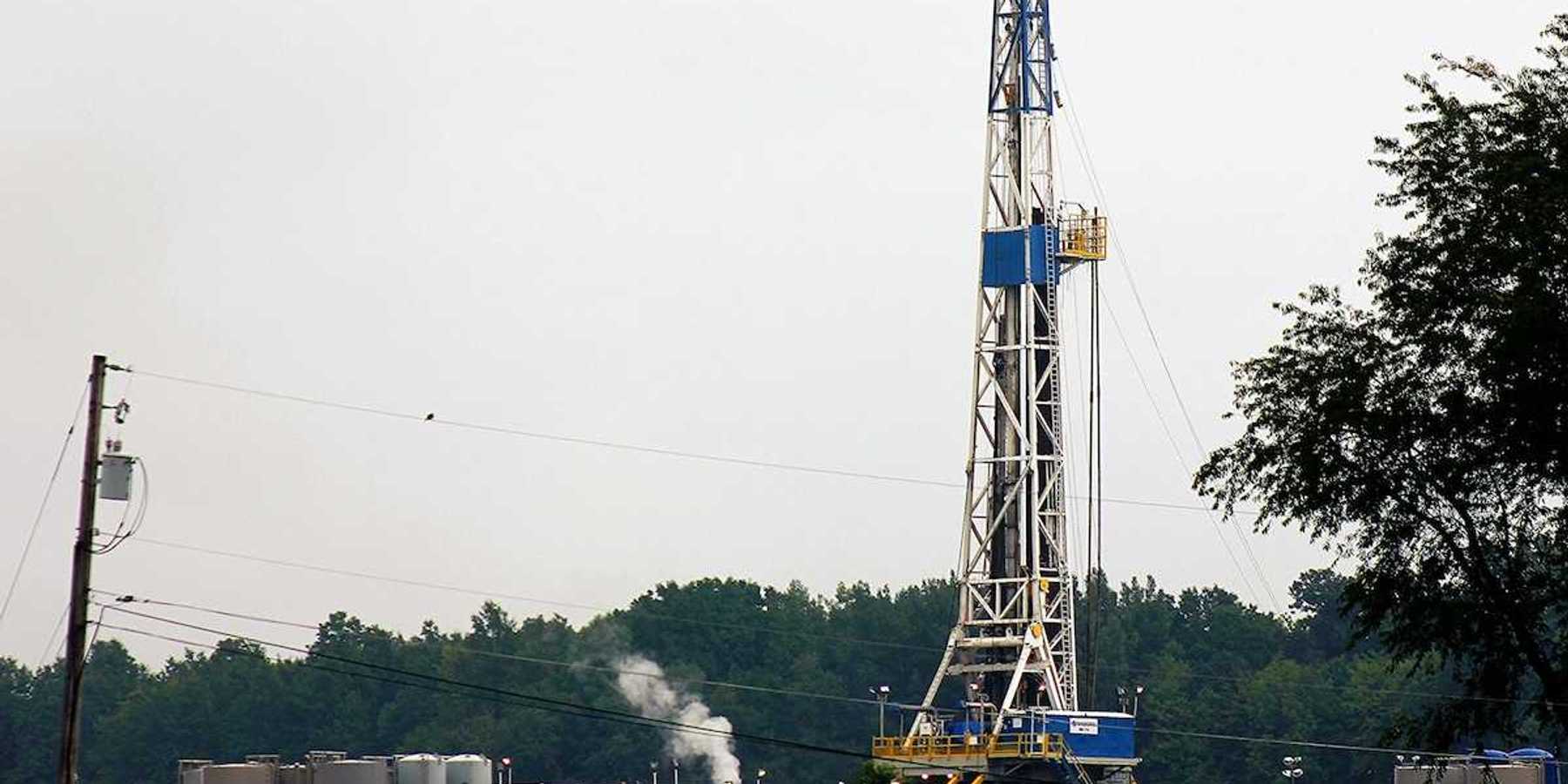31 July 2024
Climate change exacerbates global hunger crisis
One in 11 people experienced hunger last year, with climate change playing a major role.
Ayurella Horn-Muller reports for Grist.
In short:
- A United Nations report reveals that climate change and conflict are major drivers of global hunger and food insecurity.
- In 2023, 733 million people went hungry, with significant increases in chronic undernourishment since 2019.
- Extreme weather events and migration due to climate change disrupt food production and supply chains, worsening food insecurity.
Key quote:
“The agrifood system is working under risk and uncertainties, and these risks and uncertainties are being accelerated because of climate [change] and the frequency of climate events.”
— Máximo Torero Cullen, chief economist of the U.N.’s Food and Agriculture Organization
Why this matters:
Global hunger and food insecurity threaten human rights and economic stability, particularly in low-income nations. Without climate action, these issues will worsen, fueling more migration and conflict.













